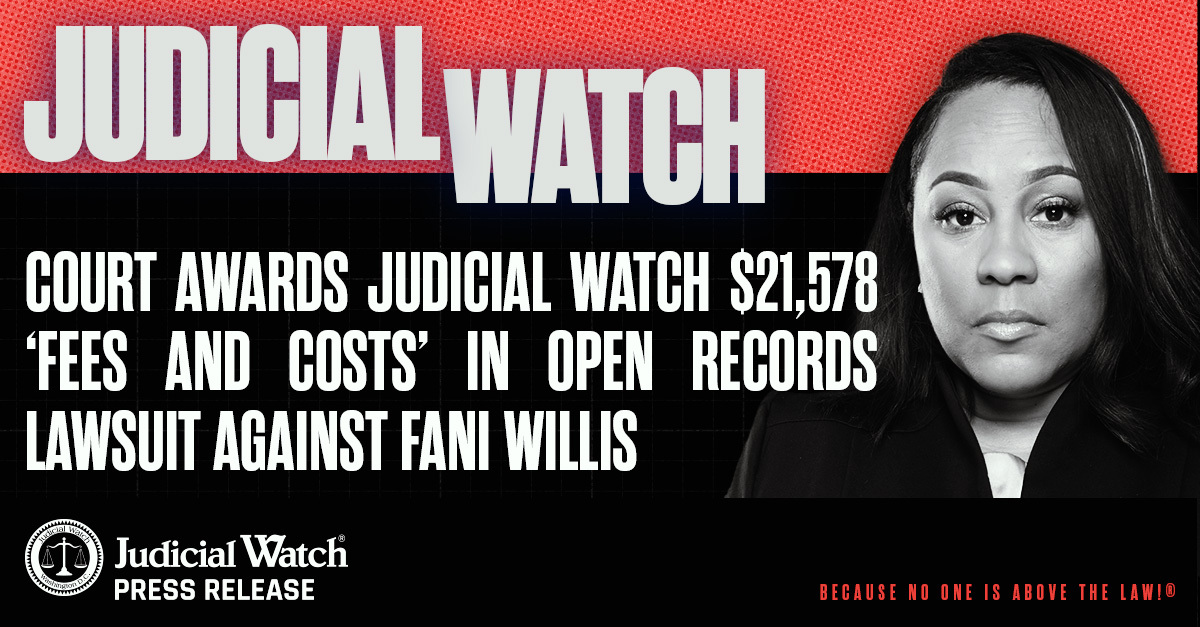

FCC Orders Cable Co. to Switch Lineup, Cites Channel Flipping Phenomenon
In a recent example of Obama government run amok, the Federal Communications Commission (FCC)—with five presidentially appointed commissioners—has ordered a private cable company to put a paid news channel in a particular spot on the lineup.
It seems bizarre that a federal agency is wasting resources meddling into such matters, but this is government on heavy duty steroids. Since Obama moved into the White House, the bloated government has taken over the nation’s healthcare system (ordering private citizens to purchase a product or service they may not want), banned school bake sales to control our kids’ diet and intruded into many other aspects of private life.
Heck, the administration even violated the nation’s cherished free press by secretly obtaining the work and personal phone records of reporters and editors at one of the nation’s largest news organizations. This is the sort of thing you see in communist regimes and dictatorships (like China and Cuba), a deplorable act few imagined would ever take place in the United States. Even liberals who otherwise praise Obama called the spying an “unacceptable abuse of power.”
It’s as if there is no stopping the madness of this unprecedented government intrusion into private life. So, why not tell cable companies where to place channels? Seems benign compared to some of the other stuff Big Brother has done since Obama became the nation’s commander-in-chief. The FCC, which governs mass media communication via television, radio, cable, satellite and wire, didn’t like where one major cable company placed a certain financial news outlet so it ordered the private business to move the channel.
Because of the government shutdown the FCC’s website is unavailable so the order can’t be accessed, but a news report outlines how it all went down. Cable companies often group channels with similar themes so that they are located in adjacent spots in the lineup. In this case the cable company, Comcast, isolated Bloomberg News in a neighborhood far away from other news outlets and the company claimed it was hurting business. Bloomberg hired a bunch of lobbyists to pressure the FCC, claiming discrimination because Comcast owns the business news channel CNBC, a popular competitor that has a great spot on the lineup.
The FCC caved in though Comcast asserted a First Amendment right to group channels as it wished. In explaining the importance of a neighborhood, the FCC ruling says that “viewers tend to ‘flip’ between channels using the channel up and channel down commands on their remotes, as well as by looking at nearby channels on programming guides. This phenomenon supports the Bureau’s conclusion that four news channels in any five adjacent channel positions is significant; that is, it is ‘important’ from a network’s perspective because viewers tend to stay within neighborhoods, and these neighborhoods ‘have meaning’ to viewers because they mean that the viewer does not need to wander the channel lineup in search of lone news networks.”
This channel-flipping “phenomenon” required government intervention, according to the agency. It’s for the good of mankind. We’ve seen this sort of unnecessary intrusion before by the FCC. In fact, Judicial Watch obtained documents a few years ago that show the agency colluded with a leftist organization to push government regulation of the internet. This is known as “net neutrality” and the FCC keeps pushing it even though a 2010 federal appeals court ruled the FCC had exceeded its authority in seeing to regulate the internet.
JW has also reported on an Obama FCC measure requiring more ethnic diversity and public affairs programming for broadcasters to keep their license. To “help media help democracy” the FCC should conduct a “public value test” of every commercial broadcaster before renewing their license and the process should occur every four years instead of the current eight, according to the plan. The so-called public value test features seven parts, including how well stations reflect ethnic diversity, a meaningful commitment to news and public affairs programming and political advertising disclosure.















